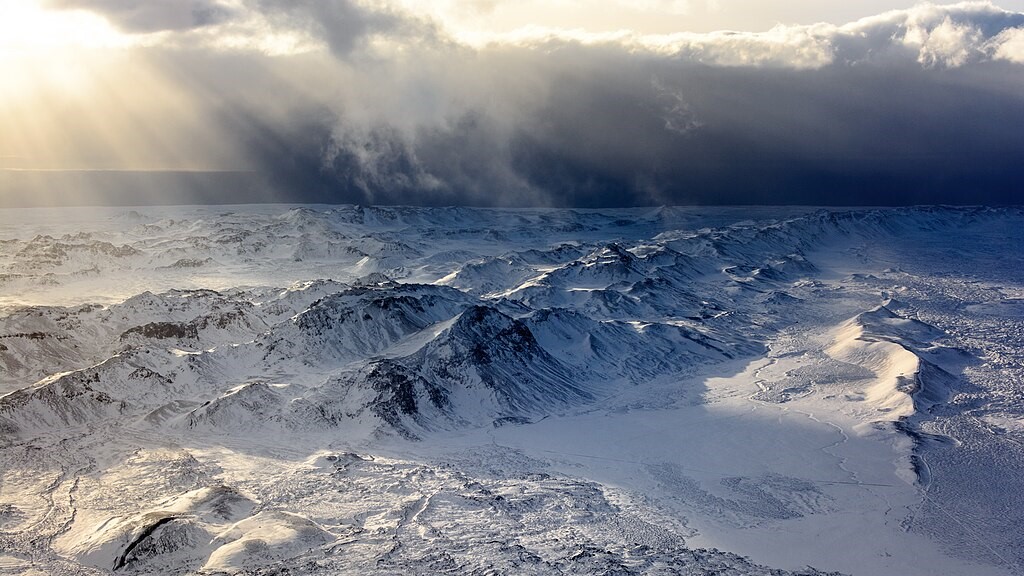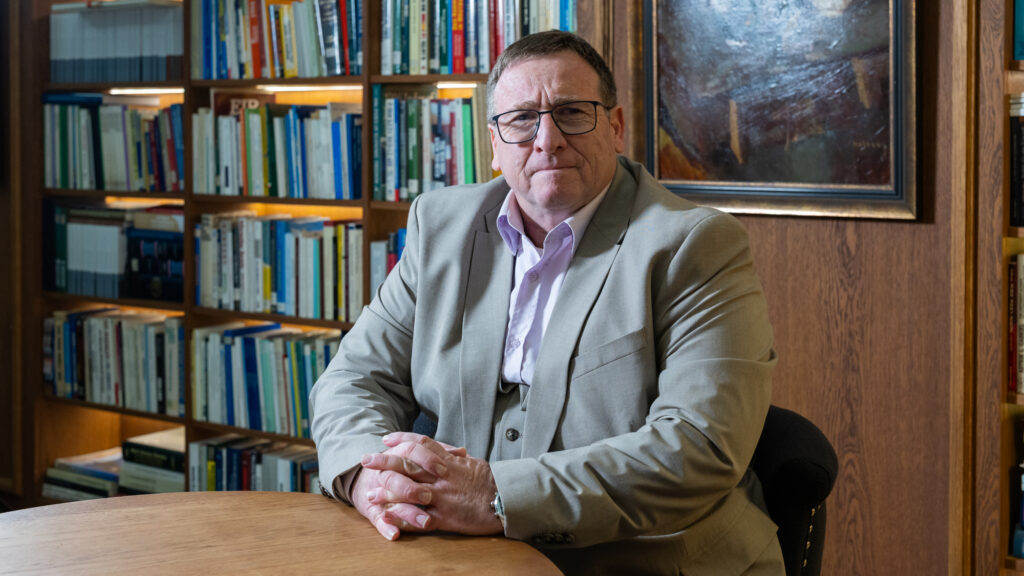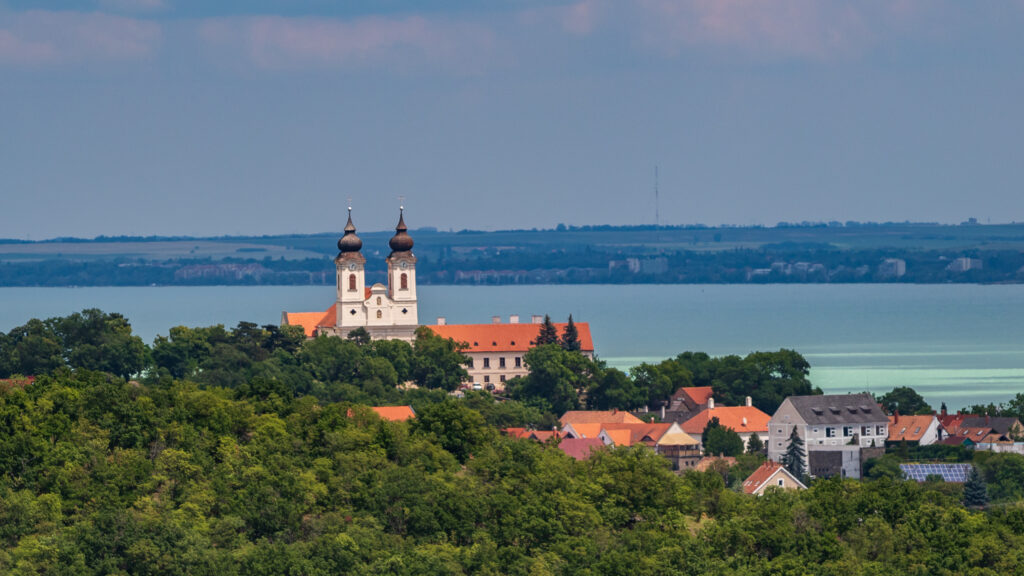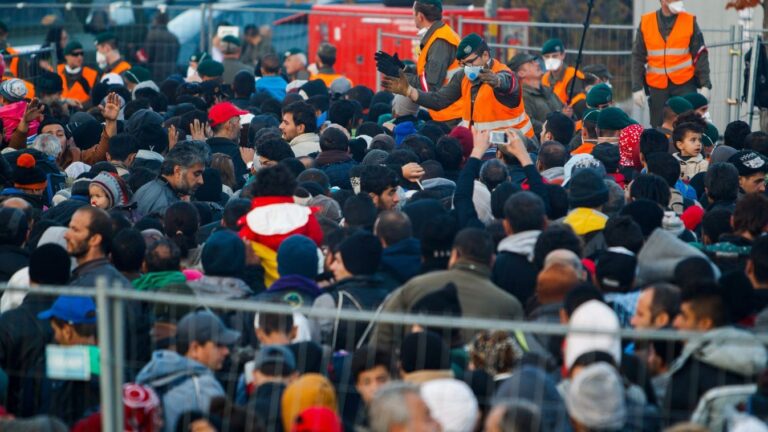The remoteness of Iceland has always been the country’s blessing and curse, fire and ice.
For centuries, it left Icelanders prone to famine, severe weather, and the whims of Danish merchants. More recently, it has offered enviable opportunities in geopolitics, logistics, and tourism.
It has also shielded Icelanders from migratory pressures. This longstanding reality has been rapidly nullified, and Icelandic society is now grappling with the threat of its own extinction.
Iceland mostly avoided the demographic changes that steadily enveloped Western Europe in the final decades of the 20th century and the first decade of the 21st century. Some refugees from the former Yugoslavia arrived in the 1990s, and Poles and others from the EU’s new eastern flank arrived in the early 2000s. The numbers of these non-Nordic peoples were unprecedented, but cultural hurdles were modest.
By the Icelandic financial crisis of 2008–2011—a critical inflexion point in the country’s history and a time to take stock of Iceland’s trajectory—immigration was still not an important national issue.
In 2015 immigrants comprised 8.9 per cent of Iceland’s population (fewer than 30,000 people), with many of these being Poles. One decade later, these figures have ballooned to over 80,000 people, representing over 20 per cent of the population.
Nor have the new arrivals remained primarily workers from Central and Eastern Europe. Immigration from Muslim countries has increasingly factored into the demographic calculus.
Dr Rajan Parrikar, a native of India who spent decades in the United States before moving to Iceland, has written extensively on this subject. ‘This was a civilizational blunder—a fatal error of judgment by the Icelandic government,’ the academic wrote this year.
‘No one voted for this change. Yet it was forced upon Icelanders by a political class that was too cowardly to defend the long-term interests of the nation…Every voice that protested was branded racist and Nazi.’
‘This was a civilizational blunder—a fatal error of judgment by the Icelandic government’
The story surely feels familiar to most Europeans. Brynjar Karl Sigurðsson, an outspoken basketball coach and businessman, earned headlines when he dubbed the Reykjavík working-class district Breiðholt, which has quickly acquired a heavy concentration of immigrants, ‘Baby Malmö’.
‘I’m mad at myself and everyone, letting this get this bad,’ Sigurðsson said.
‘And we’re at the point where we’re letting the infection cause the entire leg to have to be amputated. There’s nothing that can be done when it gets past a certain point.’
Some Icelanders, reacting to social-media content showcasing European migrant crime or other anti-social behaviour, now cynically respond: ‘Breiðholt 2035.’
Icelandic schools offer some of the earliest signs of a society hurtling toward extinction. By 2023, foreigners comprised between 15 and 20 per cent of the student population. In Breiðholt, this figure was between 40 and 50 per cent; in Ásbrú, abutting Keflavík International Airport, the figure had reached 60 per cent.
According to Dr Sigríður Ólafsdóttir, a professor at the University of Iceland, ‘the proportion of first-generation immigrants with a period of residence of less than four years is now 15 per cent. In 2018 the proportion was 10 per cent, and in 2015 this proportion was only 6 per cent.’
In a widely discussed 2024 editorial, Reykjavík teacher Eðvarð Hilmarsson noted he taught in a ‘neighbourhood school where the percentage of students of foreign origin has risen to 90 per cent.’ He added that no 9th-grade student in the school, including the small number of Icelandic speakers, could understand the sentence ‘The heart pumps blood,’ and very few students could read newspaper headlines by the end of 10th grade.
‘Municipalities have long since exceeded their tolerance levels, and the cost of the task that schools are obliged to carry out is a choice between bankruptcy or human rights violations,’ Hilmarsson added.
In the labour market, population replacement is readily apparent in the taxi and rideshare space. Drivers insist there are far too many licensed taxis on Icelandic roads, and earning a living from driving has become difficult. A feature report in state broadcaster RÚV this year interviewed drivers from Afghanistan, the Ivory Coast, Morocco, and the Philippines.
‘The market is completely oversaturated,’ claimed one Icelandic driver. ‘They are still pumping out licenses. There are no restrictions, and the competition is far too fierce, which means that it increases the chances that people have started to cheat and evade taxes.’
Some Icelandic drivers have started identifying themselves with a national flag on the windscreen.
‘I thought it was silly at first,’ said one Icelandic driver, ‘but then I just started to understand my colleague putting up the Icelandic flag, and it was like this…People were looking for Icelandic drivers.’
On the cultural front, Breiðholt 2035 already manifests itself in various ways. Youth criminal activity has become pronounced in some areas. Violent crime has arrived in a country where it was exceedingly rare. Iceland is now even a contributor to the online migrant-crime genre.
‘Violent crime has arrived in a country where it was exceedingly rare’
Last year, three migrants disrupted a session of the Alþingi (parliament) during debate on an asylum law, and one climbed over the upper-gallery railing, as if preparing to jump onto the chamber floor. It was especially symbolic since any passerby, for now, can walk up and touch the Alþingishúsið, the people’s house of high-trust Iceland.
This year’s National Police Commissioner’s report notes that foreigners living in Iceland have declared themselves followers of Islamic terrorist organizations. A man connected to ISIS was recently arrested in the northern city of Akureyri and deported, a development that police officials expect with increased frequency.
‘There are eight–12 gangs we put the label “foreign criminal groups” on,’ said police spokesman Runólfur Þórhallsson. ‘But at least 15–18 criminal groups are operating in this country.’
Observers have warned that, even projecting modest rates of future immigration, Icelanders could become a minority in the country within 40 years. This coincides with a sharp decline in the birthrate, which had been comparatively robust by Nordic standards but has plummeted since the banking collapse of 2008–11; the Icelandic birthrate is currently 1.56 children per childbearing woman.
‘Not foreseeing this demographic decline is a devastating mistake on the part of the Icelandic educational and cultural elite,’ Dr Parrikar wrote.
‘If immediate corrective action is not taken, the historic Icelandic nation faces dissolution within a few decades.’
Societal replacement is a tragedy in every European country, but it is particularly heartrending in the case of Iceland. Native Icelanders can read the Old Icelandic of the Norse sagas with minimal trouble. Just over 300,000 souls on earth speak this deeply conservative tongue, and they name themselves with patronymics.
The country punches far above its weight in literature, music, and sport. As Egill Bjarnason argues in his book How Iceland Changed the World: The Big History of a Small Island, the country has had an outsized influence on global historical developments.
Unlike the fin whale, which is controversially hunted in national waters, the Icelandic people are endangered. If this ‘civilizational blunder’ comes to full fruition, it will be one of the most regrettable human tragedies of our time.
Related articles:







